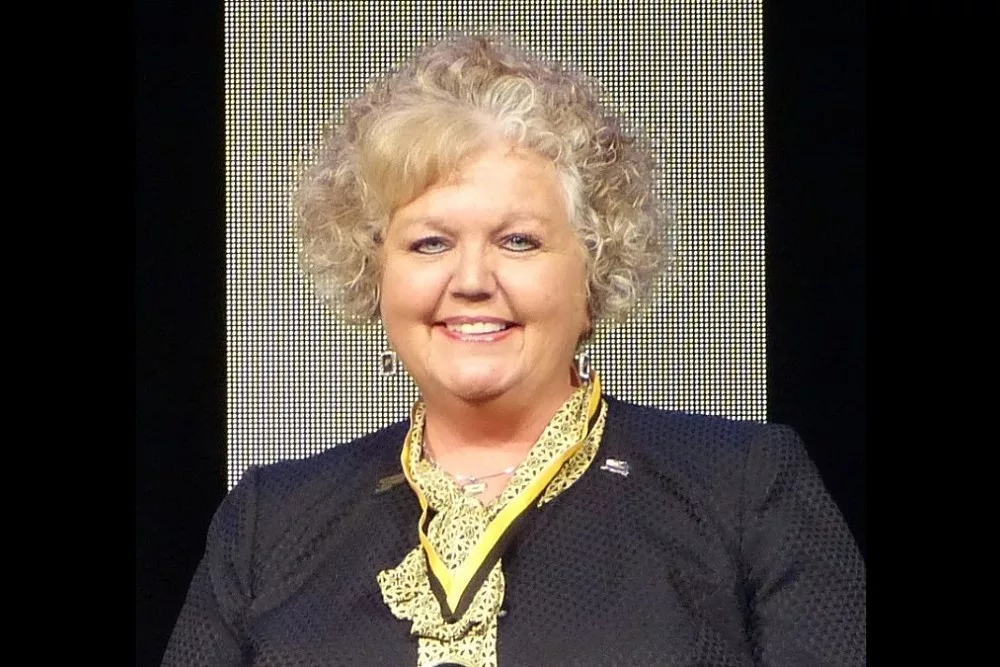
I have the tremendous opportunity to work with some of the greatest employees in the federal government and we have the pleasure to serve and work for the American farmer – the original environmentalist, who cares for the land and our natural resources like no other. On behalf of Indiana Farm Service Agency (FSA) employees, we all are proud to be partners with the men and women who farm in the great state of Indiana. Agriculture is an honorable profession and we are privileged to do our part to help. We salute you – the American Farmer – on Earth Day, April 22, 2024.
Our nation’s farmers work hard to provide food and clothing for our country and the world. Their dedication to the land and all-things conservation is an inspiration to all of us as Americans, and to the next generation of farmers. Without them, we would not have the abundant food, fiber, feed, and fuel supplies that we not only depend on, but often take for granted.
Agriculture involves sacrifice, dedication and hard work. As a young person growing up on the family farm, I mostly remember the sacrifice of sleep. Getting up early and working hard until sundown is not something that always comes naturally; rather, it usually must be learned – a lesson I learned from my parents and grandparents, and that my husband and I have worked to instill in our children.
The sacrifices and work ethic you learned while you were young continues as you get older. For those who start farming later in life, they quickly encounter the long hours, the hard work, and the risks associated with farming – caring for a sick animal, changing a machinery part, determining when to plant based on the weather, or financing next year’s costs. These risks feed and clothe our families and friends.
USDA studies indicate that the agriculture sector is a bright spot in terms of economic stability and growth, with strong, global demand for U.S. agricultural products. Generation after generation of agricultural producers in Indiana get up early every day to keep this sector of the economy viable, by providing jobs and income for both rural and urban families and communities. And they do it all while caring for the environment in which agriculture exists so this and the next, and the next generation will have a plentiful and healthy planet.
In 1960 each U.S. farmer provided food for about 25 people. Today, each U.S. farmer feeds more than 166 people worldwide, an increase of over 560%. Research and new technologies have boosted production, but someone still has to go outside, work in the elements and make things grow. Without regard for the wind, rain, snow, freeze, fire, and drought, day-in and day-out, farmers can be found tending to the crops, managing their herd, and making ends meet – in the environment.
Agriculture is America’s number one export, and critical to sustaining a healthy economy. Here in Indiana, agriculture is a leading driver of our state’s economy; with our state being a national leader in poultry production. However, Indiana also ranks in the top ten states in: popcorn, tomatoes for processing, ice cream production, mint production, pork production, corn, soybeans and several fruits and vegetables. Moreover, the diversity of crops and livestock on our over 53,000 Hoosier farms ensures economic growth and stability for Indiana’s economy.
While it is easy to take agriculture for granted, we should never lose sight of the importance of a safe, abundant and affordable food supply. For this, we as a nation are fortunate. Please take the time to recognize and appreciate the men and women in agriculture who selflessly improve our quality of life and care for our Earth like no other.
Written by Julia A. Wickard, Indiana State Executive Director for the U.S. Department of Agriculture Farm Service Agency. In addition, she and her husband, Chris, and their two children, Jordyn and Jacob, raise registered Angus cattle on their 100-year homesteaded family farm in Hancock County. Wickard received the Certificate of Distinction from the Purdue Agricultural Alumni Association in April 2022. She may be contacted at julia.wickard@usda.gov.
